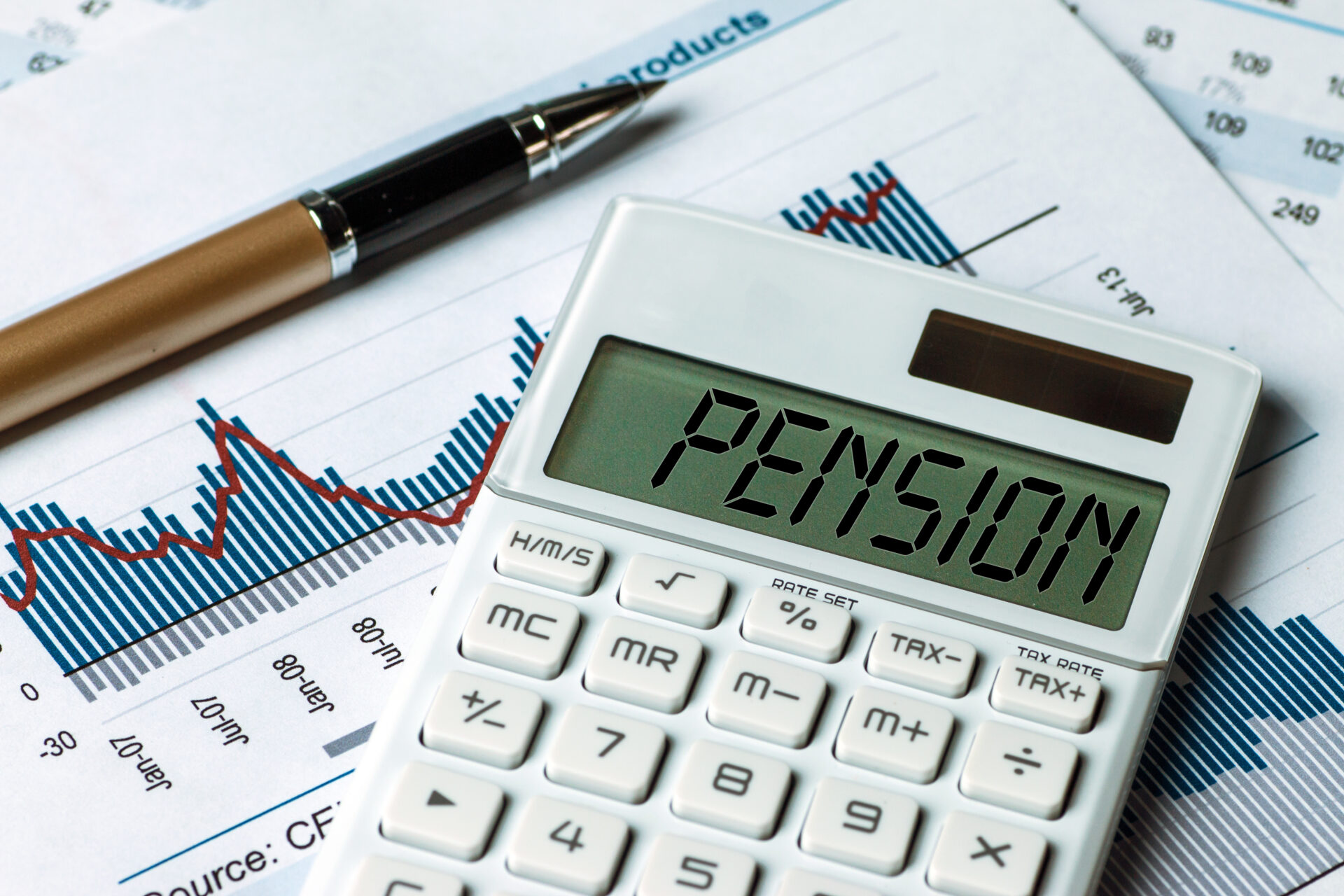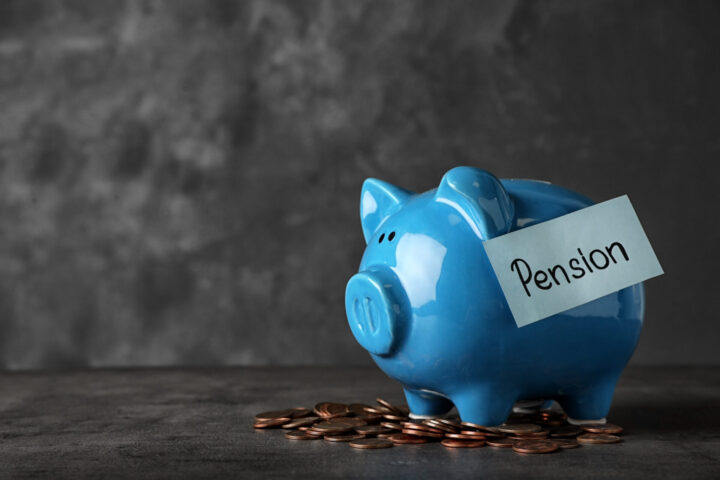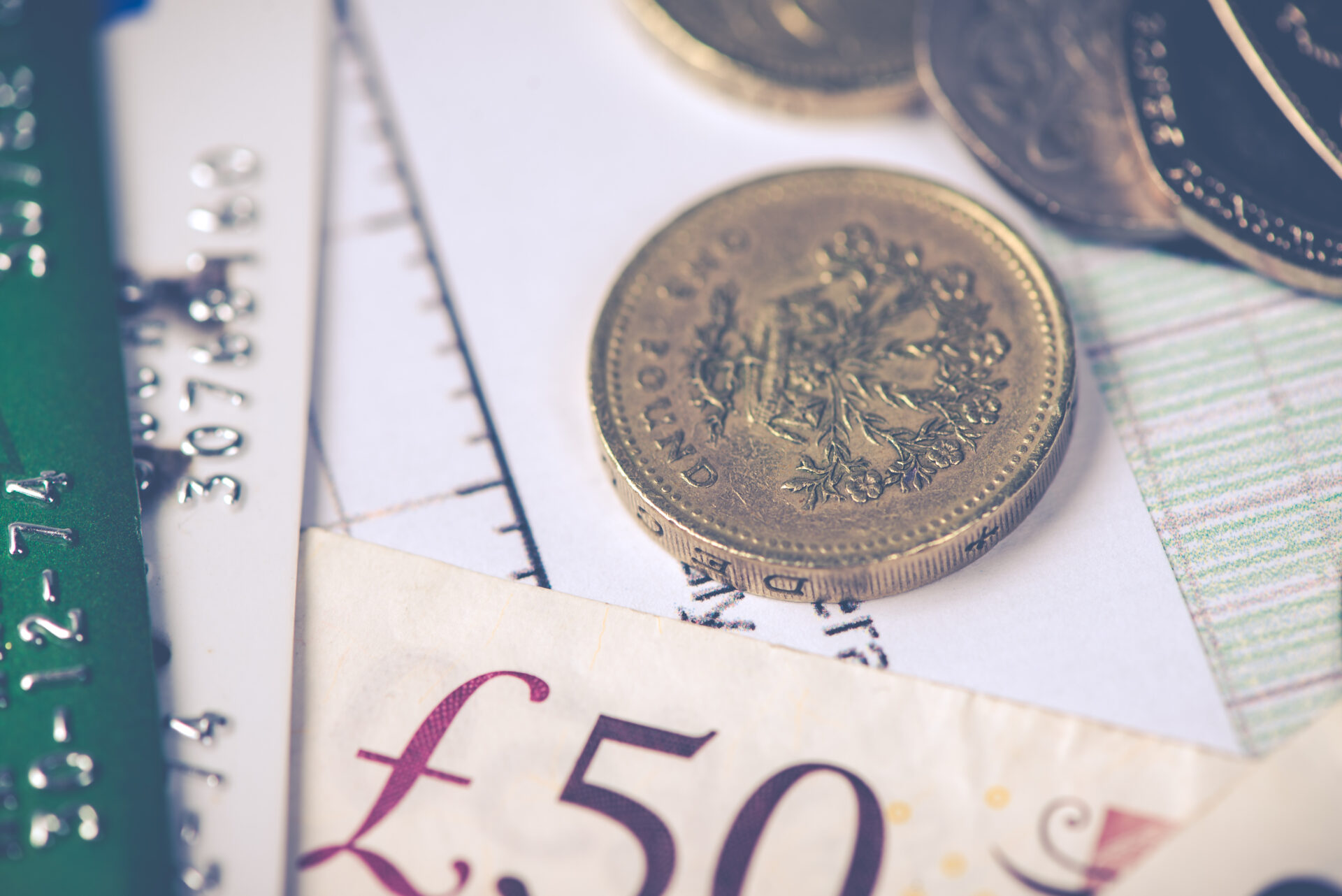HMRC Private Pension data showed individual contributions to personal pensions hit £14.6bn in 2023/24, up from £12.9bn the year before.
Out of this, £2.7bn came from self-employed members, compared to £2.3bn last year.
Pension income tax and national insurance relief was estimated at £52.5bn in 2023/24.
Of pension income tax relief, 13% was at the additional rate, 55% at the higher rate and 32% at the basic rate.
A total of 23,370 people reported pension contributions above their annual allowance through self-assessment, down from 32,540 in 2022/23.
Additionally, data showed that there were 620 lifetime allowance charges reported by schemes, down from 12,080 last year.
The value of these charges fell to £16m from £484m in 2022/23.
Taxable payments withdrawn flexibly from pensions since 2015 passed £102.3bn.
Jon Greer, head of retirement policy at Quilter, said: “The private pension statistics released by HMRC today paint somewhat of a mixed picture of the retirement landscape in the UK.
“Firstly, average individual contributions to personal pensions are up 13% in the 2023/24 tax year compared to the previous one.
“Within this figure, self-employed pension contributions are up 17% year on year – a potential positive sign given the precarious nature of retirement provision for those in the self-employed economy.”
Greer added: “This may suggest some progress may be made in highlighting the importance of saving for retirement.
“Indeed, the average individual contribution to a personal pension has crossed over £2,000 and has increased over the last two tax years following somewhat of a pause during the pandemic.
“However, the data also points to the total number of members of a personal pension scheme being fairly flat.”
He said: “Perhaps the most headline grabbing part of this release, however, is the cost of pensions tax relief, with gross income tax and national insurance relief on contributions estimated to cost the government £78.2bn.
“When you look at the net cost to the treasury, so after tax is paid on pension payments, it stands at £52.6bn.”
















